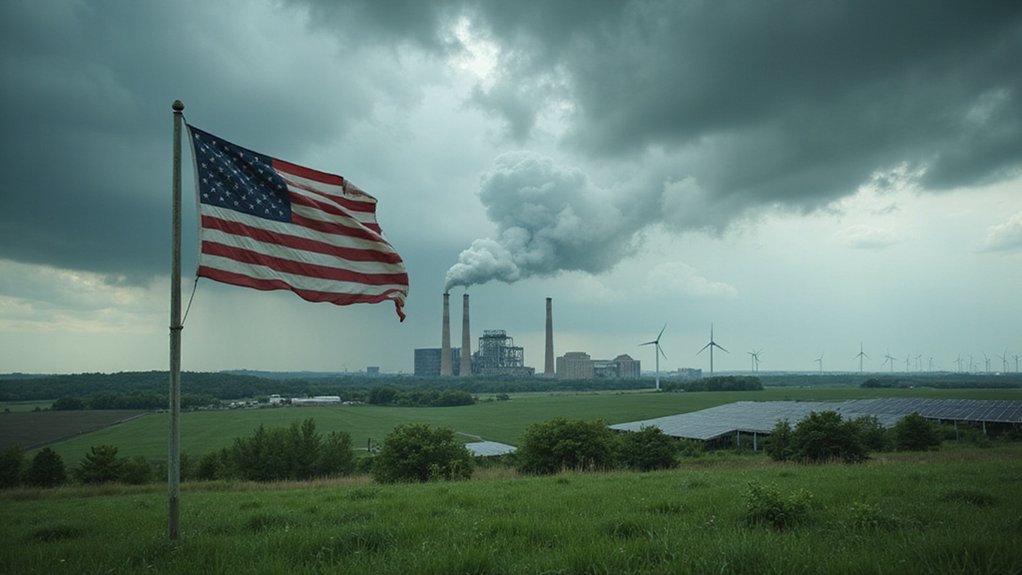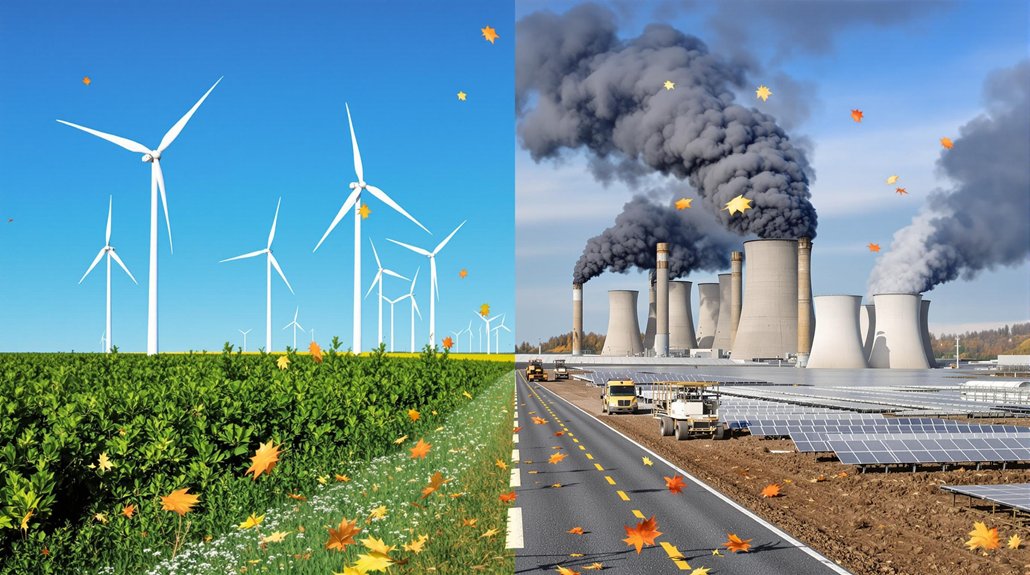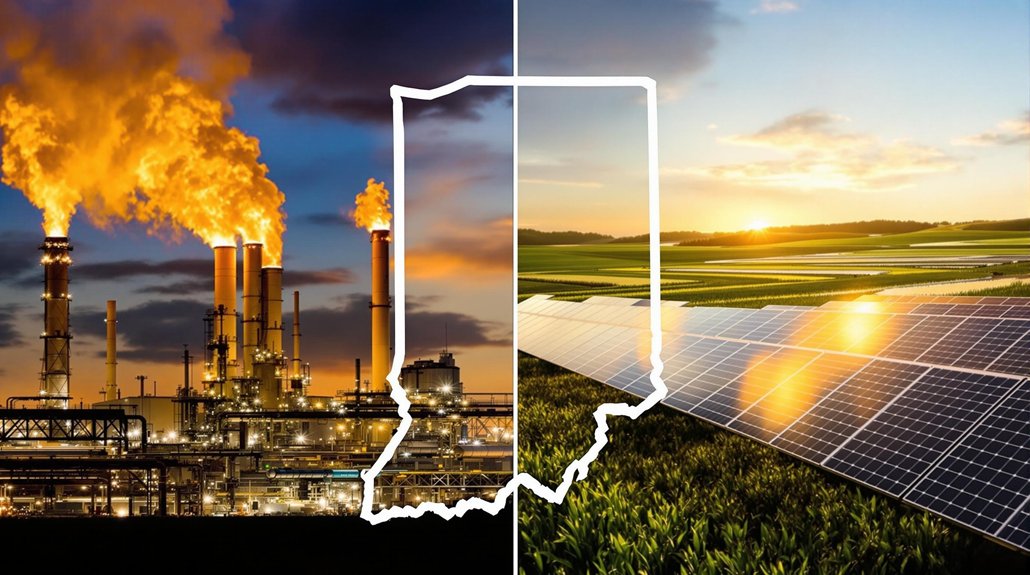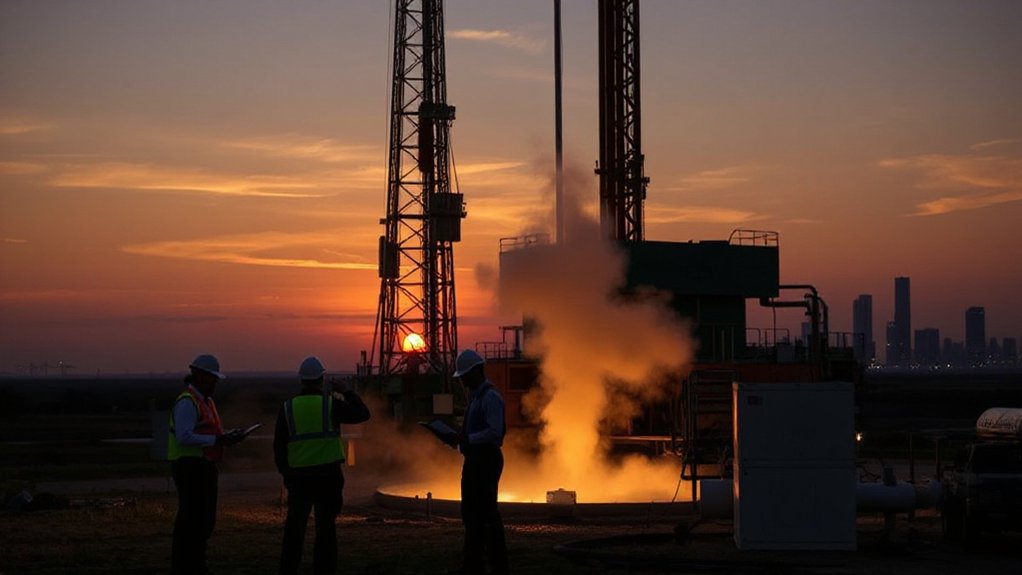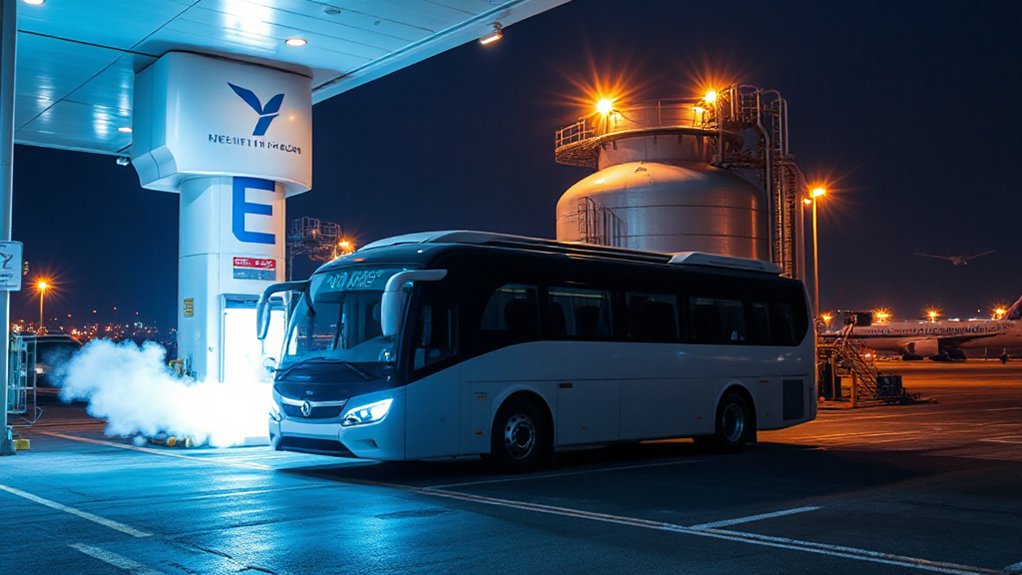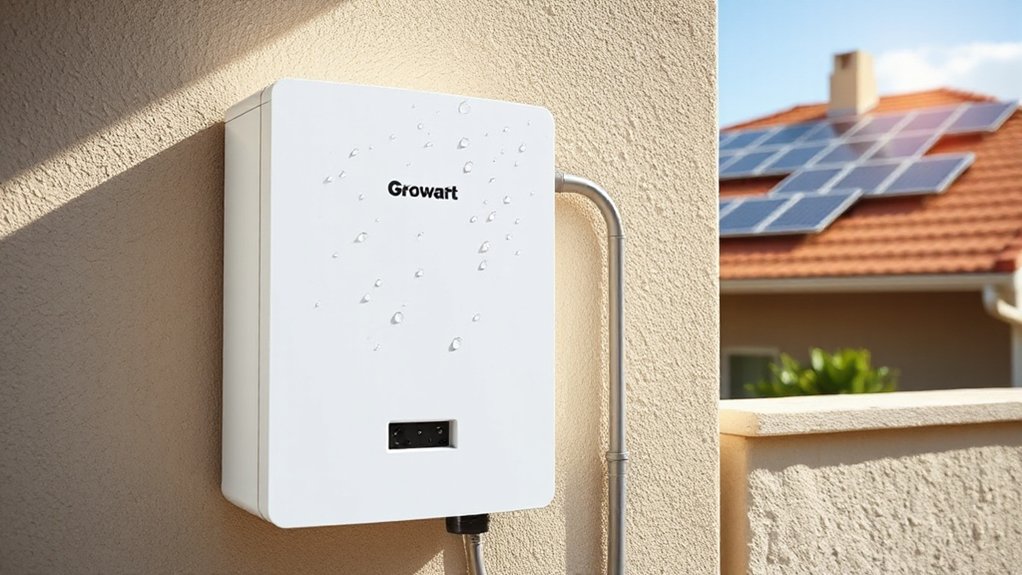Nearly all of Puerto Rico‘s 1.5 million electricity customers have experienced major blackouts in recent months, including an island-wide outage on April 16, 2025, that left hospitals relying on generators during Easter weekend preparations.
The April blackout hit at 12:38 p.m. Eastern Time, affecting all 1.4 million electricity customers. Officials identified multiple causes, including a protection system failure and vegetation on a transmission line between Cambalache and Manatí.
This latest crisis follows a pattern of power failures. Just months earlier, on December 31, 2024, nearly 90% of customers lost power. In March 2025, another outage affected about 350,000 customers for several hours.
Puerto Rico’s electric grid remains extremely vulnerable after suffering extensive damage from Hurricanes Maria in 2017 and Fiona in 2022. The island’s authorities struggle to balance immediate repairs with long-term improvements.
The energy situation is complicated by Puerto Rico’s high electricity costs. Residents pay more for power than any U.S. mainland state. This is largely because 94% of the island’s electricity comes from imported fossil fuels, with only 6% from renewable sources.
Puerto Rico has set ambitious renewable energy goals through the Puerto Rico Energy Public Policy Act. The law requires 40% renewable electricity by 2025, 60% by 2040, and 100% by 2050. However, current implementation falls far short of these targets.
Energy governance is split between two entities. Luma Energy manages transmission and distribution, while the Puerto Rico Electric Power Authority (PREPA) oversees generation. Restoration estimates indicate power will take 48-72 hours to return for most residents. This divided responsibility has sometimes created coordination challenges.
The U.S. Department of Energy’s PR100 Study maintains that Puerto Rico can still achieve 100% renewable energy by 2050. But this will require major system upgrades, significant investments, and community participation in planning.
Despite Congress allocating billions for grid repairs after Hurricane Maria, only 19% of recovery money has been utilized due to bureaucratic obstacles and administrative delays.
Without substantial improvements to infrastructure and energy sources, Puerto Ricans will likely continue facing disruptive blackouts that affect daily life, business operations, and essential services.
References
- https://www.energy.gov/gdo/puerto-rico-grid-recovery-and-modernization
- https://www.politico.com/news/magazine/2025/03/30/puerto-rico-electric-grid-blackouts-hurricanes-00257176
- https://www.cbsnews.com/news/puerto-rico-power-outage-april-2025/
- https://www.eia.gov/state/print.php?sid=RQ
- http://ucfglobalperspectives.org/blog/2025/03/06/puerto-ricos-energy-crisis-navigating-blackouts-and-renewable-energy-goals/

